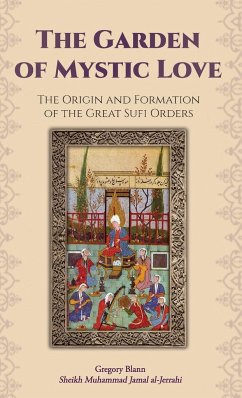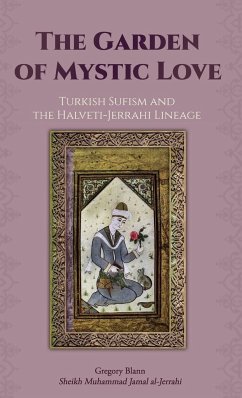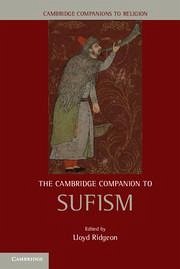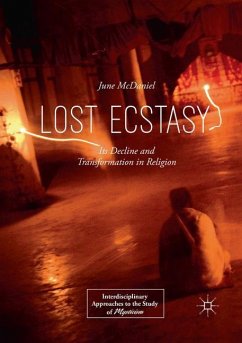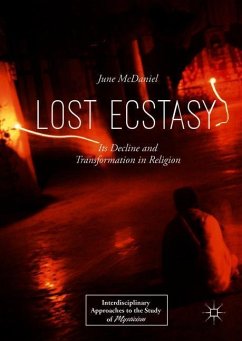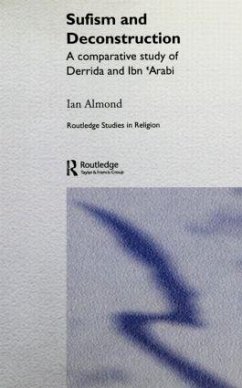
Gathekas
Versandkostenfrei!
Versandfertig in 1-2 Wochen
24,99 €
inkl. MwSt.

PAYBACK Punkte
12 °P sammeln!
"The meaning of the word 'Sufism' is 'wisdom.' Wisdom is a knowledge acquired from within and without. Sufism is not only intuitive knowledge; it is knowledge acquired from life in the world, too. Sufism is not a religion, nor a cult or a doctrine. The best explanation of Sufism is that any person who has a knowledge of life outside and inside is a Sufi. For this reason, there has never been in any period of the world's history a founder of Sufism; and yet, Sufism has always existed." Among the oral teachings of Hazrat Inayat Khan (1882-1927), collected and transcribed for private use by his m...
"The meaning of the word 'Sufism' is 'wisdom.' Wisdom is a knowledge acquired from within and without. Sufism is not only intuitive knowledge; it is knowledge acquired from life in the world, too. Sufism is not a religion, nor a cult or a doctrine. The best explanation of Sufism is that any person who has a knowledge of life outside and inside is a Sufi. For this reason, there has never been in any period of the world's history a founder of Sufism; and yet, Sufism has always existed." Among the oral teachings of Hazrat Inayat Khan (1882-1927), collected and transcribed for private use by his murids, the Gathekas were specifically intended for taliban, or 'candidates' for initiation into the Sufi path. The Sanskrit word, g¿thik¿, refers to an epic poem or sacred song, and is consistent with the other music and poetry related titles he gave to most of his more focused teachings for murids. In this case, these are teachings meant to help seekers understand the fundamentals of the Sufi Message and the nature of the Sufi path.




